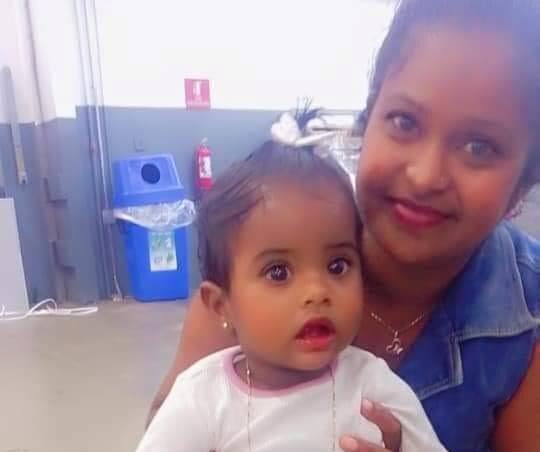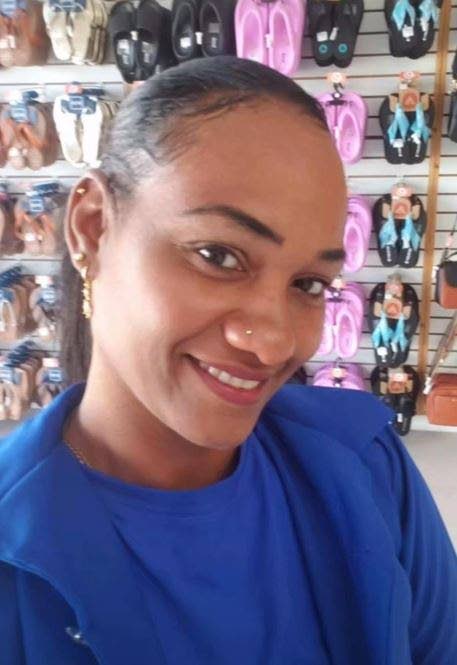State, TTPS, media must responsibly address gender-based violence

THE UWI, St Augustine campus' Institute for Gender and Development Studies is calling on the State to treat cases of gender-based violence (GBV) and related issues with greater urgency and care amid the upsurge in violent domestic-related incidents in the past few months.
The TTPS and the media were also urged to show greater sensitivity and empathy when it comes to dealing with the victims, survivors and/or relatives affected by gender-based violence.
On August 14, Keifer Wilson of Caratal Road was knocked down by a car and hit with a wheel spanner by a male friend who was allegedly stalking her. She subsequently died from her injuries.
On September 14, Afiya Adams, the mother of three from Freeport, was set on fire at her home by a male relative and succumbed to her injuries on September 18. After dousing her with a flammable substance, the man fled.
On October 8, both Tara Ramsaroop and her 14-month daughter Jada Mootilal were murdered. Tara was chopped to death and the baby's throat was slit. A male relative has since been charged for the murders.

In a media release on October 22, the institute called on the Ministry of National Security, the TTPS and the media to treat gender-based violence with empathy and sensitivity. It also made several recommendations.
“The Ministry of National Security and the TTPS should use the $6.912 billion allocated in the 2025 budget to work with the university to develop a comprehensive GBV sensitisation programme.
"This programme can be done in partnership with the Ministry of Education, the Ministry of Social Development and the TTPS' GBV Unit to create a uniform response to reports of GBV," the institute said in its release.
It added that there was a need for protection orders to activate a much stronger mechanism of support, considering the number of women that have been killed even after getting such orders from the courts.
“Media personnel must be mindful of how the sensitivity of language needs to form part of their reporting on incidents of GBV. While sensationalising helps to increase traction, consideration must be given to survivors or victims and their families.”
The institute added that GBV incidents should be addressed in health policies and protocols, describing it as a health, social protection and multi-sectoral issue. It said health practitioners should be educated in providing psychological and emotional support rather than physical treatment.
The release called for state bodies employed to assist in the protection and support of survivors of GBV to commit to ensuring that they treat every case with due diligence regardless of the case history of the victim or personal beliefs.

“They should recognise that in cases of death, they should ensure victims are not subjected to any form of victim-blaming and the well-being of survivors and/or their families remains a priority.”
Any strategy to treat with gender-based violence, the institute said, must adopts the five P's model, which is prevention, protection, prosecution, punishments/penalties and provision of redress and reparation. These considerations should also be extended to relatives of bender-based violence victims/survivors as they may also be traumatised, not only in the present, but for years to come.
A holistic, all-of-country approach is needed to treat with gender-based violence and its many consequences.

Comments
"State, TTPS, media must responsibly address gender-based violence"